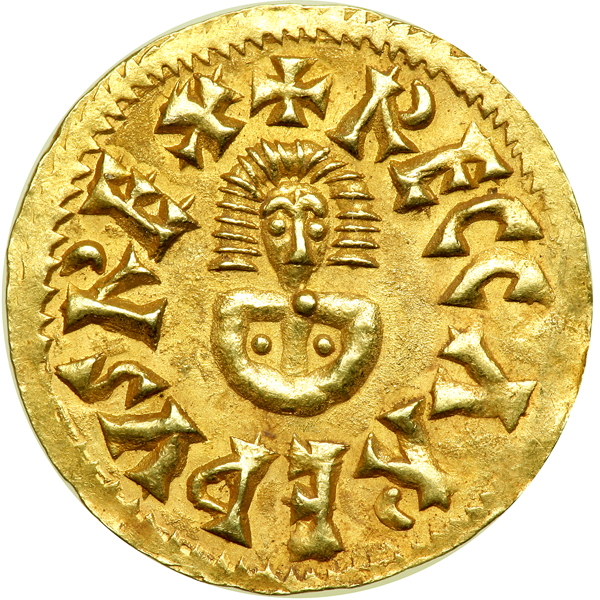 GIRLS
GIRLSLérida - name of a city in northeastern Spain, anciently called Iltirta (the Romans called it Ilerda and later, the Muslim conquerors called it Larida).
The book Pueblos y apellidos de España: Diccionario Etimológico by Julián Aydillo San Martín,
suggests that Ilerda (which is referred to as the Iberian name of the city) is derived from Ilezda. As if Lérida itself were not a pretty enough name (and it is absolutely beautiful when said ... "LEHR ee thah"), Ilezda is just that much more beautifully pronounced, with the allure of the initial I and the letter z. It is said "ee LACE thah" the 's' sound in LACE having a slight z vocalization in Spanish.The city was inhabited by the Ilerguetes, the Iberian people of ancient Spain that occupied this place before the Romans, Celts, and Carthaginians. This is the region of Spain near the Pyrenees mountains. The ancient name, according to the above etymological dictionary, meant or referred to its position in an elongated depression or valley.
Modern History Or the Present State of All Nations, Volume 2 By Thomas Salmon is an English resource which also gives the Iberian name of the town as Ilezda.
 |
| Edgiva |
Nallomy -
Odgiva - Anglo-Saxon, its original form is Eadgifu, from 'ead' meaning "rich" or "blessed" and 'giefu' meaning 'gift'. Variants of this name include Otgive and Edgiva.
BOYS
Peleg - Hebrew, meaning "a brook", according to Wikipedia.
 |
| The Brook of Sorek |
 |
| Add caption |
Stanislav - Slavic, from 'stani' meaning 'stand' or 'become' and 'slava' meaning 'glory'.
 |
| Stanislav Petrov received the Dresden Prize (he's holding it up in this picture). He is the man who decided that the warning system was mistaken when it said that the U.S. had launched 6 nuclear missiles against the Russians. Thanks to him, you only have 10 fingers or 10 toes, rather than 13 or 2. |

No comments:
Post a Comment